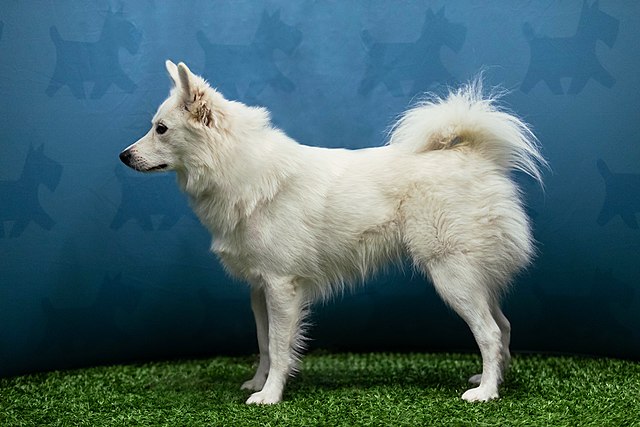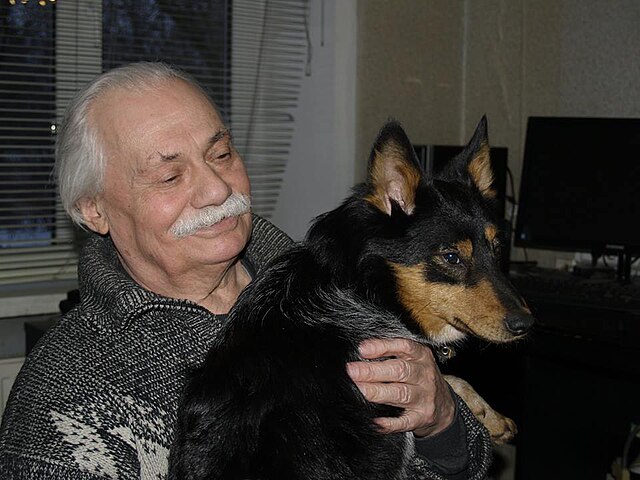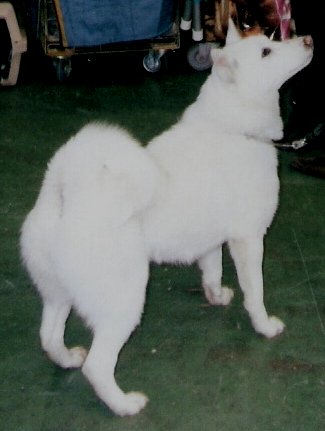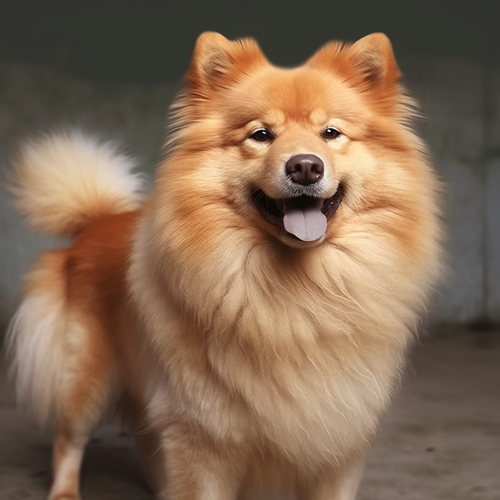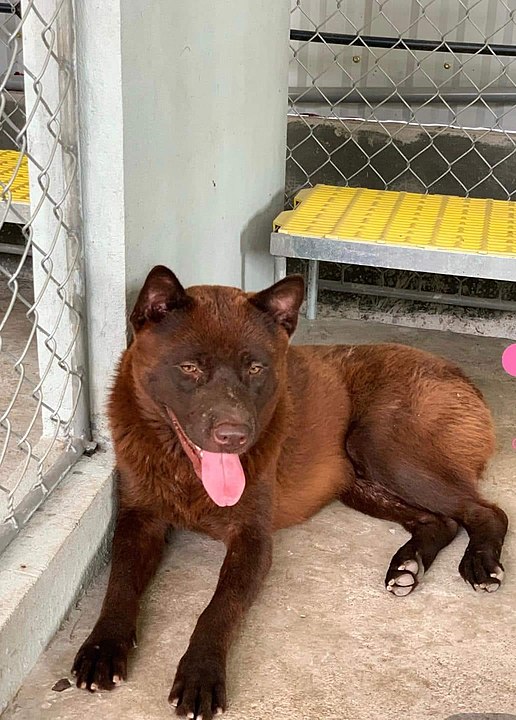The Danish Spitz is said to have existed in Denmark for many years, and is one of the five national breeds of Denmark. Going under various names such as the Samoyed-Spitz, Greenland-Spitz, Wolf-Spitz and the official name in Denmark – the Dansk Spids, this breed is relatively unknown by most. This unassuming little dog was said to have frequently played the part of “children’s companion”, and as such his main role was that of a friend and cherished companion. His secondary role was that of a general farm dog. In the late 80’s, the Danish Kennel Club published a breed standard, although this is still an extremely rare breed even in Denmark. He is likely heavily related to the German Spitz, with some fanciers even claiming that this breed is, in fact, a German Spitz cultivated in Denmark. Whether or not that is true, at this point the Danish line is officially its own breed.
The Danish Spitz gets along well with most everyone he meets, including other animals. He is slightly reserved when meeting someone new but quick to make friends as he is social and friendly. With his family he is gentle and very loyal. He does exceptionally well with kids as he is playful, affectionate and tolerant. He does need to live in a home where he isn’t left alone too frequently as he is wired to be around humans, and greatly appreciates all contact – whether in play, exercise or training! The temperament of this little spitz is paramount and one of the most important features of the breed.
Danish Spitz do tend to enjoy barking, particularly when they hear or see any change in their environment. They can function as a wonderful watch dog, and were even said to have originally played the guard dog role in their past! Although alert and lively in general, they are not likely to wander away or chase prey-like animals and would much prefer to stay around their humans and their home.
The Danish Spitz is easy to manage in the home and equally easy to train as long as training is kept relatively gentle. This sensitive breed also benefits from an early introduction to obedience so he knows what is expected of him from the start. His love of engaging in activities with his owner, his quick wit, and his problem solving abilities means that he’s usually fun to train in obedience! Furthermore he can be an excellent competitor in a number of dog sports!
